|
Confession: I have been working on this post for a few days now. I planned to talk about the word hubris, and maybe I will someday, but after reading and writing for several hours, I have decided to go in a completely different direction. Has that ever happened to you? I thought I knew what I was writing about but as I studied and thought I realized that the material was diverging from my original thoughts. This feeling, though somewhat discombobulating (another great word), is what I love about learning. I was not incorrect in my original direction, but the opportunity to learn something new took me down an intriguing path. Come walk with me.
My grandfather was an artist by trade and along the way, he collected some interesting books about art. One of them is called Shepp's Photographs of the World. The copyright is listed as 1892. The good old days of 1892. Everything was better back then. Well, maybe not everything. There were no antibiotics. The country treated people of color with the understanding that they were lesser citizens. The life expectancy was 48.4. But it was an exciting time. Things were looking good for the United States. Grover Cleveland was fighting the spoils system and we were had not yet fought in the Spanish-American War so there was no need to, "Remember the Maine." The country was healing from the Civil War and figuring out a new path as a united nation. Rapid changes in the world filled people with wonder and optimism. The Bessemer process had revolutionized the steel making process and railroads were connecting people in ways that had previously seemed unimaginable. The publication date is almost the end of the Gilded Age, which I just learned because I Googled it, was named that because it looked like a Golden Age, but things underneath were less than perfect. (Thank you Mark Twain and Charles Dudley Warner for that excellent description.) Side note: I had learned that it was the Gilded Age but never grasped the meaning behind the term. Interesting. Today's Word: Limn One syllable. Pronounced [lim]. verb. Defined in the OAD as to depict or describe someone or something in painting or words. As I said, this word wasn't my first choice to write about, but as I was writing about Shepp's Photographs of the World I was quoting from the preface and came across this word which I had never taken the time to look up. Let me continue with my explanation about the book and you'll see the word come up in context. My favorite part of Shepp's Photographs of the World is the preface. Most of the book is photographs of monuments, cities, and natural landmarks. There are some photos of famous works of art. The premise as explained in the preface is that few people will ever be able to travel around the world and see all the wonders it has to offer and even if they can travel, they won't make it to all the places to see all the things. ". . . a trip around the world, in the literal sense, would reveal to the traveler only a portion of its scenes of interest. Many of its greatest wonders lie off the line of circumnavigation and require to be reached by special journeys. To really see the world, one must explore it, seeking out spots to the north and south at every stage of the voyage " They mention that a newspaper reporter outdid "Mr. Phineas Fogg's famous flying voyage of eighty days," but continue on saying that a trip at this pace leaves little time for any sightseeing. The preface continues, "Fortunately for the public, the perfection of the art of photography . . . have rendered it possible to bring the whole world home to anyone's door in a manner heretofore unknown. The panorama of the world has been limned by the sun to such an extent that there is no longer an excuse for our remaining in ignorance of its most inaccessible or remote marvels. We can surround ourselves, in our own homes, with the scenes which intrepid and adventurous explorers have taken for us, often at the cost of their lives, and visit the great historic sites, the centers of strange civilizations, as well as the habitations of barbarous and savage tribes, without moving from our own firesides." Since first reading it, I've loved the part where it says "the perfection of the art of photography" because this is 1892. Photography was far from perfected. But today I noticed that word limned and I realized that they are saying that the sun has allowed for the depictions of these great places. The sun. Because photography is light [photo] writing [graph]. Aaaaahhhhhh!!! Isn't that so cool!?!?! Looking through the book I see recognizable monuments, but the descriptions are no longer accurate. For example, on page 159 the Eiffel Tower is described as "being the loftiest monument in the world." In the photo of the Arch de Triumph, there is no Tomb of the Unknown Soldier because that wasn't built until the Great War. The Brooklyn Bridge is described as "by far the largest suspension bridge yet constructed". After perusing the pages and exploring from my house, I remember the admonishment in the preface to the readers of 1892 that there is no longer an excuse for remaining ignorant of the world around them because photography made the world accessible. If the 1892 audience has no excuse where does that leave the 2019 audience? I don't believe that photography or cinematography have been perfected, but they are beyond impressive. Most of us have access to the world at our fingertips. (If you have access to Google Earth then this is you.) There are also excellent documentaries and shows about the world that allow us so much access to the incredible and awe-inspiring. So as I close today, I give you (and myself) the same admonishment the author gave in 1892 - Surround yourselves with scenes which intrepid and adventurous explorers have taken for you. Visit the great historic sites, the centers of strange civilizations, as well as the habitations of barbarous and savage tribes, without moving from your own home. Travel is wonderful and I encourage it, but a lack of funds to travel does not limit the amount you can expose yourself to the magnificent world around you.
0 Comments
My love for French began at a very young age. Through Jason's job I have now had three opportunities to explore France and it has not disappointed yet. I love the architecture, the history, and the language. I grew up near Detroit (3 miles from where I now live) so that means we picked up Canadian TV stations. Every morning we watched Mr. Dressup and Sesame Street, but because of a timing issue it was more convenient for our schedule to watch the Canadian version of Sesame Street than the American version. Because it was Canadian, a good portion of the show was in French including the alphabet and counting to 10. I fell in love with the sound of French - it's like speaking in cursive! A friend gave me a cassette tape with French children's songs that I listened to over and over.
Regrettably, I did not study it as a foreign language in school, but that didn't stop me from loving it and learning it informally. Music provides words and spirit for many young people and for me the music was The Phantom of the Opera, Les Miserables, and Beauty and the Beast. There were a few others but those three soundtracks were particularly captivating to me. As I explored the Paris Opera House, walked the narrow and briefly barricaded streets of Les Halles, and snatched glimpses of the Paris country side, I could hear those soundtracks in my head. (For the record, I've also read each one of these books and understand they are works of fiction. I've also read a great deal about the French influence on the United States.) The opening of Beauty and the Beast brings us to our word of the day. I learned what bonjour meant from later in the song when we hear "Bonjour, good day, how is your family? Bonjour, good day, how is your wife?" Bonjour is a greeting, but literally means "good day." I also learned that Belle means beauty, but those weren't the words that caught my imagination though. Today's Word: Provincial Three syllables. Pronounced [pruh-vin-shuh l] Defined on dictionary.com as having or showing the manners, viewpoints, etc., considered characteristic of unsophisticated inhabitants of a province; rustic; narrow or illiberal; Belle wanted more than a provincial life. The people in her town were narrow minded and non-readers. They didn't understand her desire to read about far away places or her yearning for adventure in the great wide somewhere. Narrow mindedness can attack any place or people. We are under that attack now as we are able to get our news from our political point of view, search for churches that confirm our beliefs, and watch sports broadcasts that celebrate the greatness of our chosen teams. This is dangerous because it leaves us without the need to defend and thereby refine our opinions. Wherever we look around we can see ideas that confirm our thoughts and keep us from broadening our viewpoint. Travel and reading broadly can combat that mindset. Travel wakes me up to new ways of thinking and doing things. I have differing opinions with many of the books I have read, but as I read things I disagree with I go back to the Bible and see what God's Word states and often I am challenged. I, like Belle, want so much more than a provincial life. I want adventure in the great wide somewhere full of ideas and exciting stories. Thankfully, because of the age we live in that is a possibility well within reach. Get out there and explore the world though both literal and literary journeys. It doesn't have to be a long trip to a foreign destination. Check out the cities within easy driving distance of you and your own town. Read books that challenge your way of thinking then go back to the Bible to firmly plant your thoughts in Truth. Together we can celebrate a life of adventure and exploration. Our summer adventures have been keeping me busy and unfortunately away from my computer. I have a lovely Tiffany blue notebook that is full of ideas and thoughts that come to me as I travel, but getting those thoughts onto the blog has proved to be challenging. Hopefully I can soon work past my technical difficulties and learn to work remotely. Technology is not always my best friend, but it allows me to do this, so I will persevere. In the second full week of June we visited Paris. My husband, Jason, headed there for work and Logan and I tagged along as tourists. Travel with him is something I do as often as I can because it gives me insight into what his business trips are like and the stress he is under. As he travels we often hear comments from people teasing about his fun jet-setting life, and if I didn't understand I could be jealous. He has traveled throughout the United States and internationally to Canada (Quebec), France, Belgium, Germany, the Netherlands, India, and China on business. What I learn when I travel with him is that business travel involves little time to adjust times zones, working at hectic paces in strange places, and little chance to enjoy the culture or scenery. Logan and I explored all over Paris, but Jason worked most of the trip. We did have one day together and some time at night for adventures as well. Sometimes he gets a break and is able to explore so I don't begrudge him that a bit. We took every minute he could spend with us and thoroughly enjoyed our time together. Have you heard that Parisians are rude and difficult? Paris is just like any other place you will visit. You will get what you look for. If you seek beauty and culture it is to be found in spades. If you expect the people to be rude and the tourists obnoxious you will find plenty of that too. On a past visit to Pairs we encountered a gracious host at a restaurant. He showed us around his establishment with pleasure, introduced us to the chef, and told us about himself. Among other things he had studied at Notre Dame in South Bend, Indiana. His English was fluent. He offered us the French menu because it was better worded and offered to explain the options rather than just handing the English menu. We happily obliged and had a marvelous time. Later, another American couple and their friend came in. They were abrupt and asked for the English menu. Our waiter spoke French to them and they spoke about him as though he couldn't understand them. It was truly painful to watch. They expected to find a rude Parisian and they found one. We expected to find a kind Parisian and we found one. The city is what you make of it. We left Paris as different people than the people we were when we arrived. We learned and grew in ways that only come trough experiences traveling. What are your favorite travel destinations for business, personal, or missions? I will definitely have more to say about Paris later, but for tonight, I must say bonne nuit.
|
"A jack of all trades is a master of none, but oftentimes better than a master of one." Archives
May 2020
Categories
All
|
AdventuresGet in Touch |
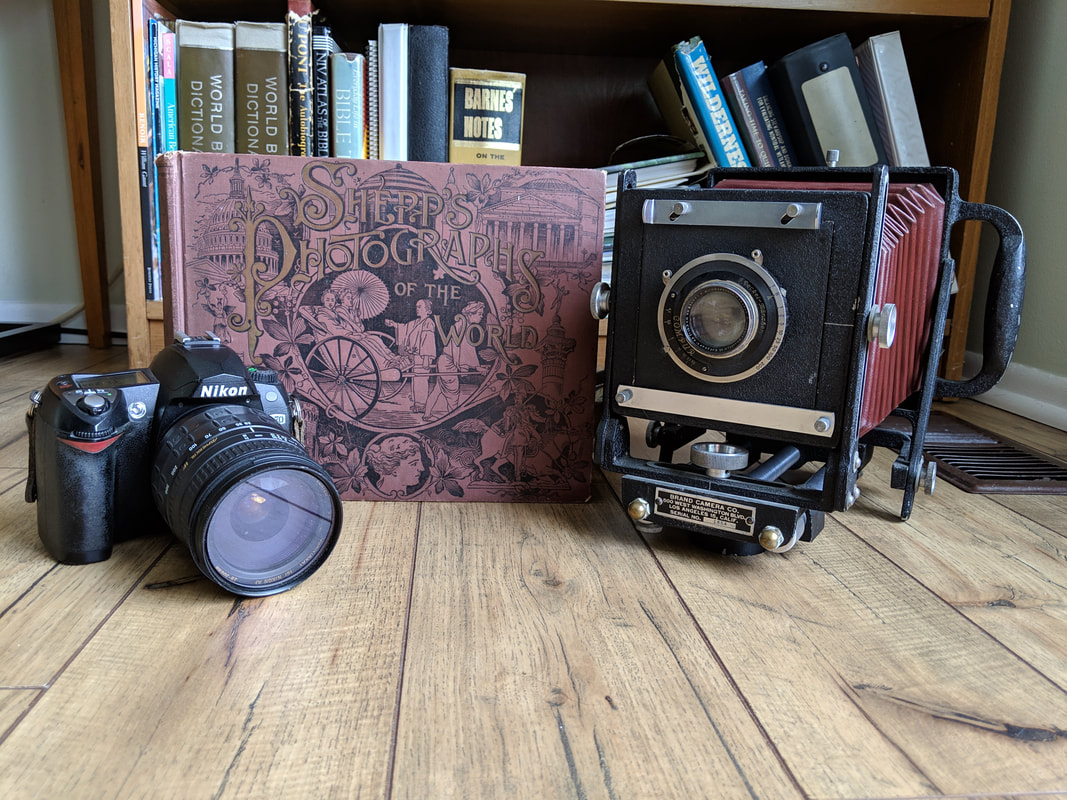
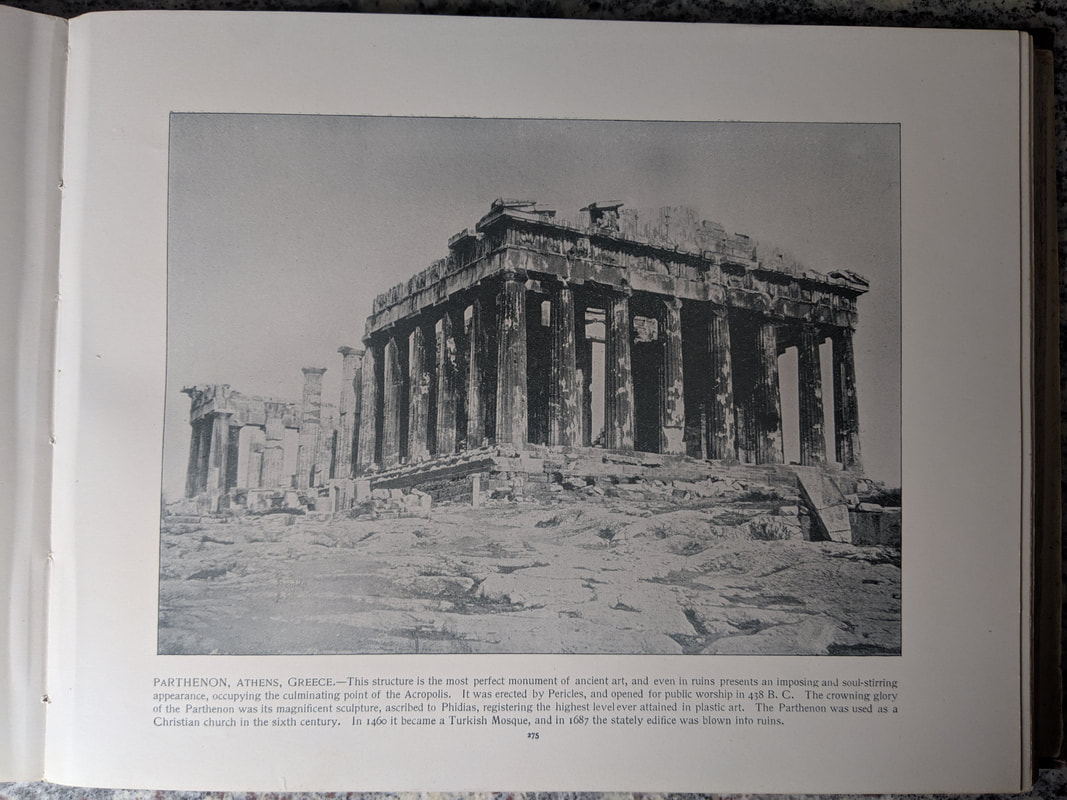
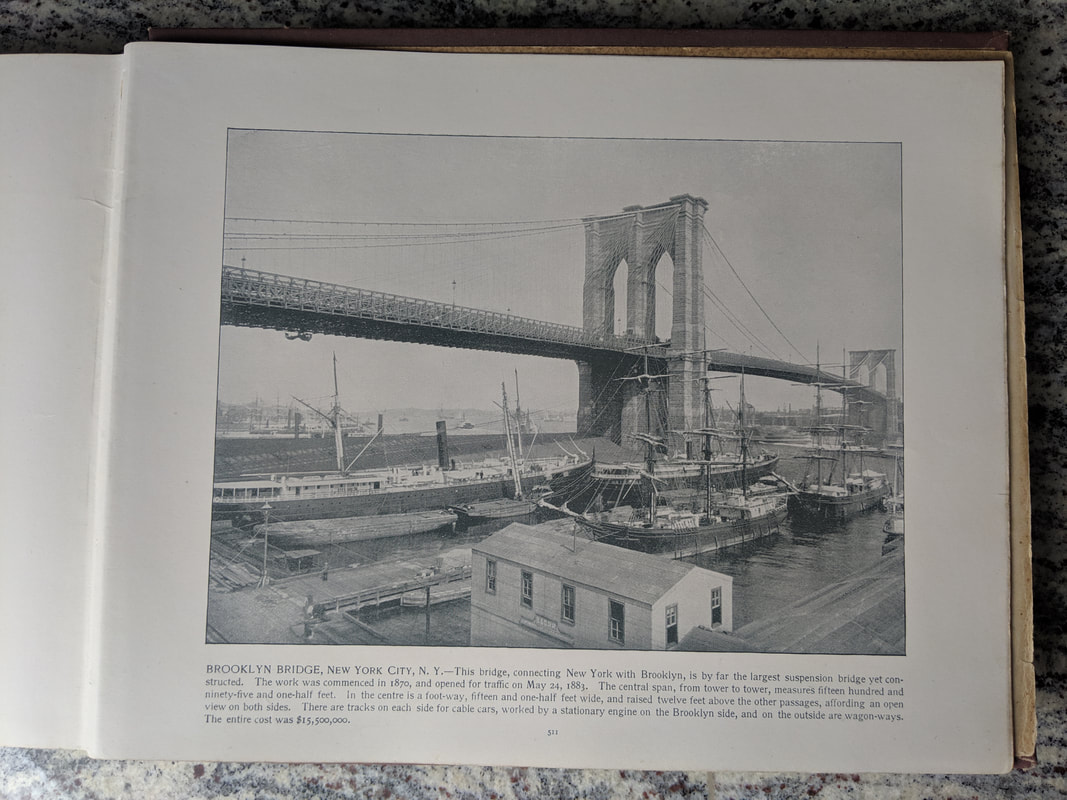
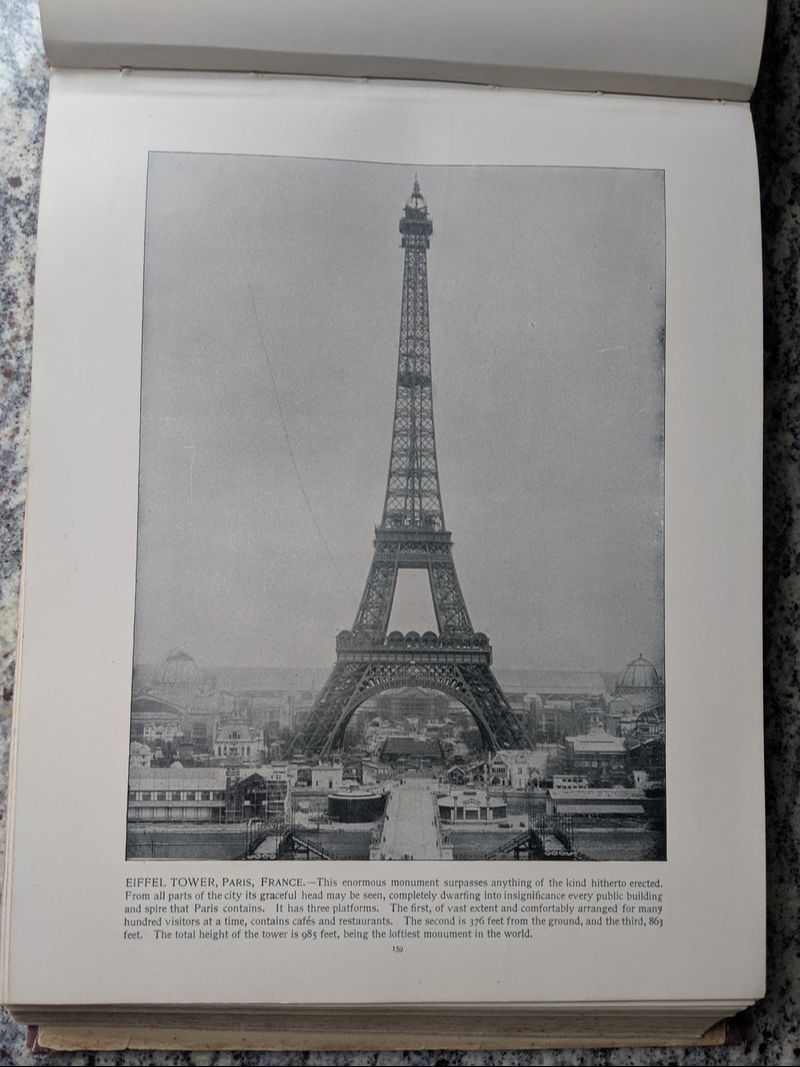
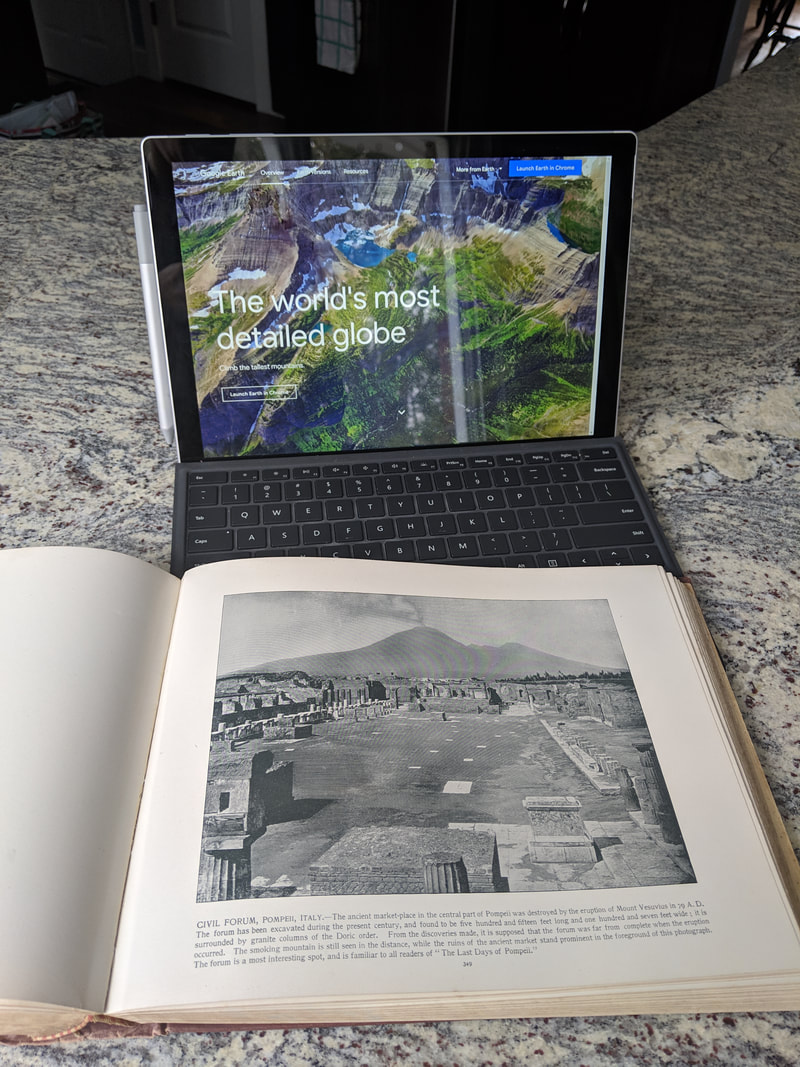
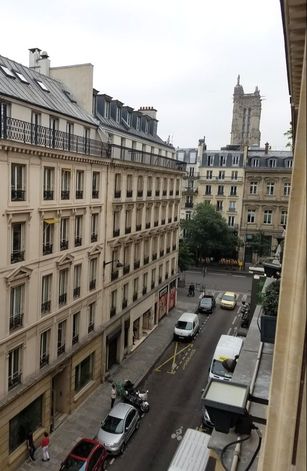
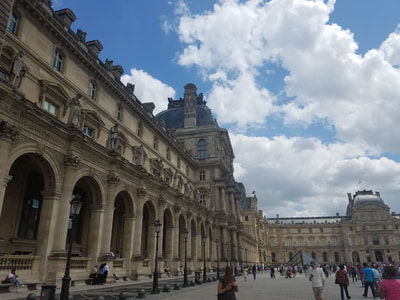
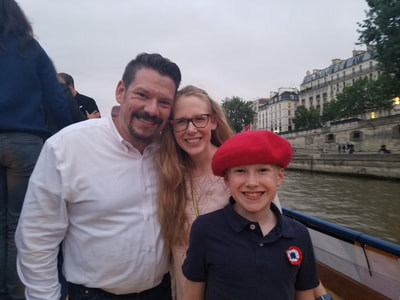
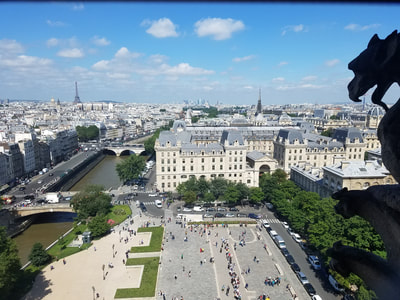
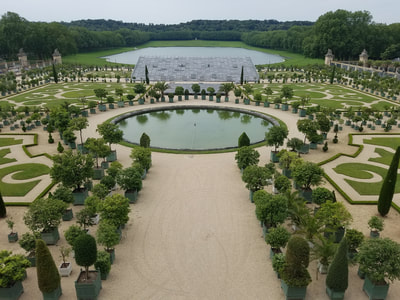
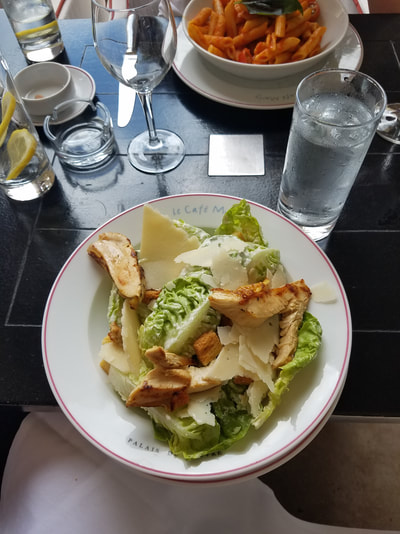
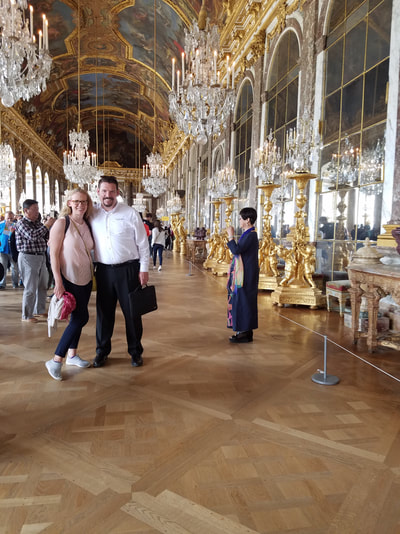
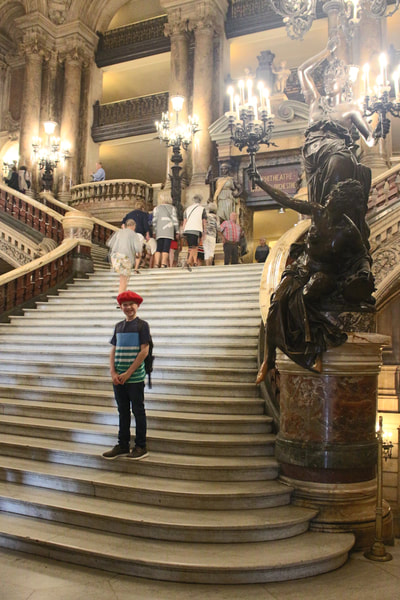
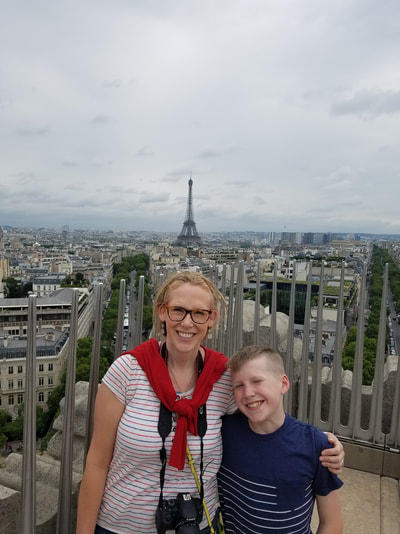
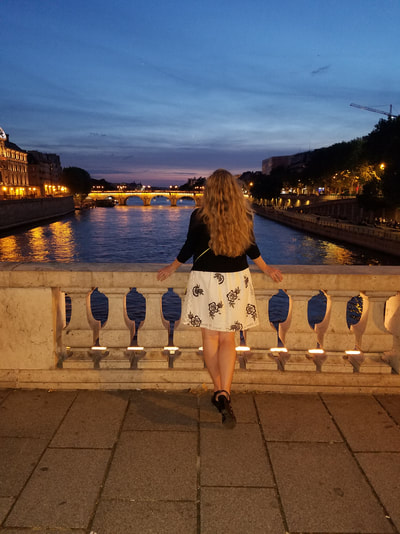
 RSS Feed
RSS Feed